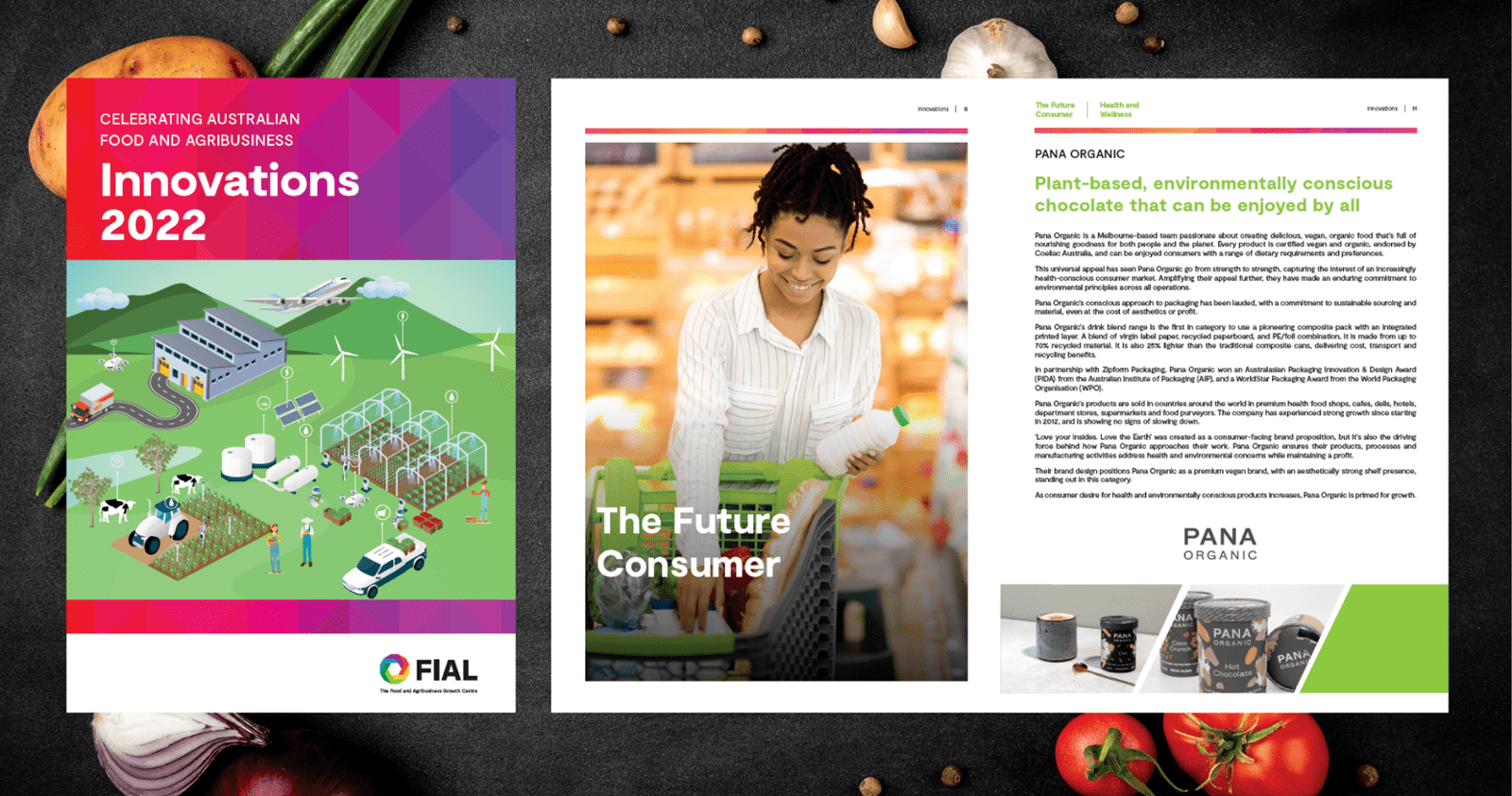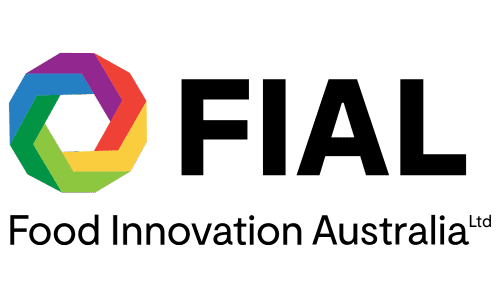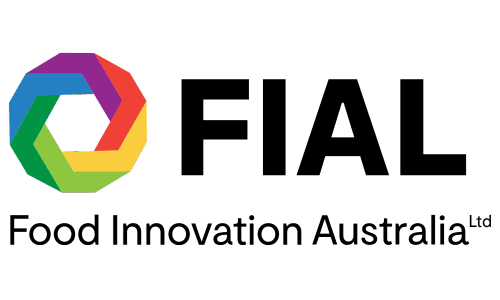Enabling traditional protein producers (meat, eggs and dairy) to identify and capture increased value-add in domestic and export markets.
The Mort & Co name has been part of Australia’s agricultural landscape since the mid-1800s. It is now the largest privately-owned feedlotter in Australia. It operates an integrated vertical supply chain model, including cattle procurement, transportation, farming, lot feeding, beef processing, and marketing.
The business is also home to the award-winning Phoenix Beef range, providing premium Wagyu and Black Angus beef to customers in over 20 countries worldwide.
Such longevity in business is due to a focus on continuous improvement and anticipating what the future may hold. A process of business streamlining and systems improvement has enabled Mort & Co to value-add for its domestic and export markets, and look forward with confidence.
Their Phoenix Beef range is internationally recognised, and is now exported to over 20 countries. It employs 155+ dedicated team members and is widely considered an operator of excellence in agribusiness.
An assessment of existing processes and supply chain management showed room for improvement in processes, meeting customer expectations, reducing costs, and improving consumer awareness of beef products. The team spent considerable time in market, meeting with customers to understand their needs and ensure those relationships were built from a place of mutual benefit. Toowoomba and Surat Basin Enterprise and FIAL has facilitated many buyer and trade meetings for Mort & Co to meet new buyers and engage with new customers, and build better awareness around beef product grades and brands.
This resulted in a more agile organisation. Mort & Co is better able to clearly define its offering, better positioned to withstand the fluctuations of international markets, and future-proofed overall for when the business environment next evolves.
This case study is from FIAL's 2022 edition of Celebrating Australian Food and Agribusiness Innovations 2022



